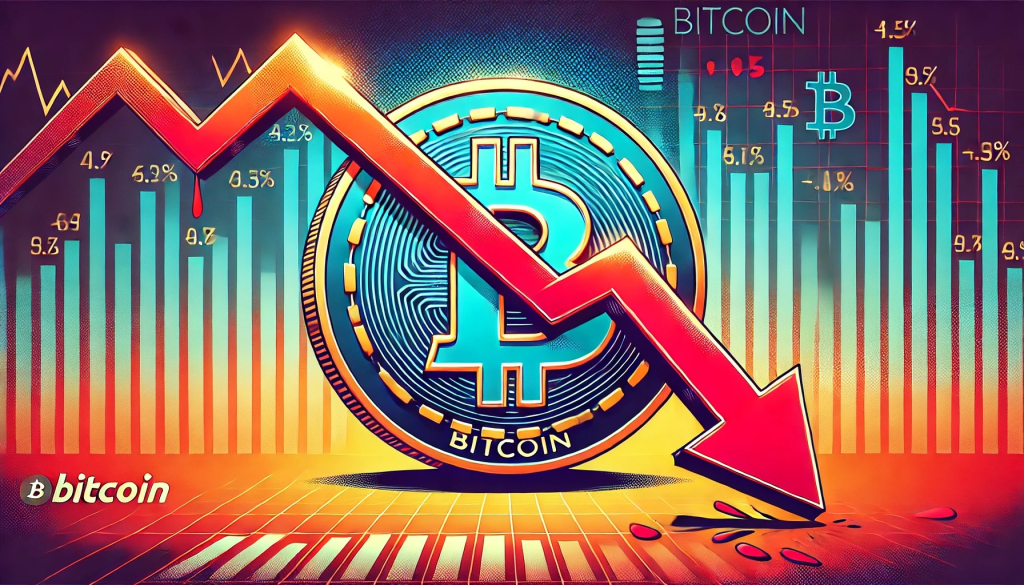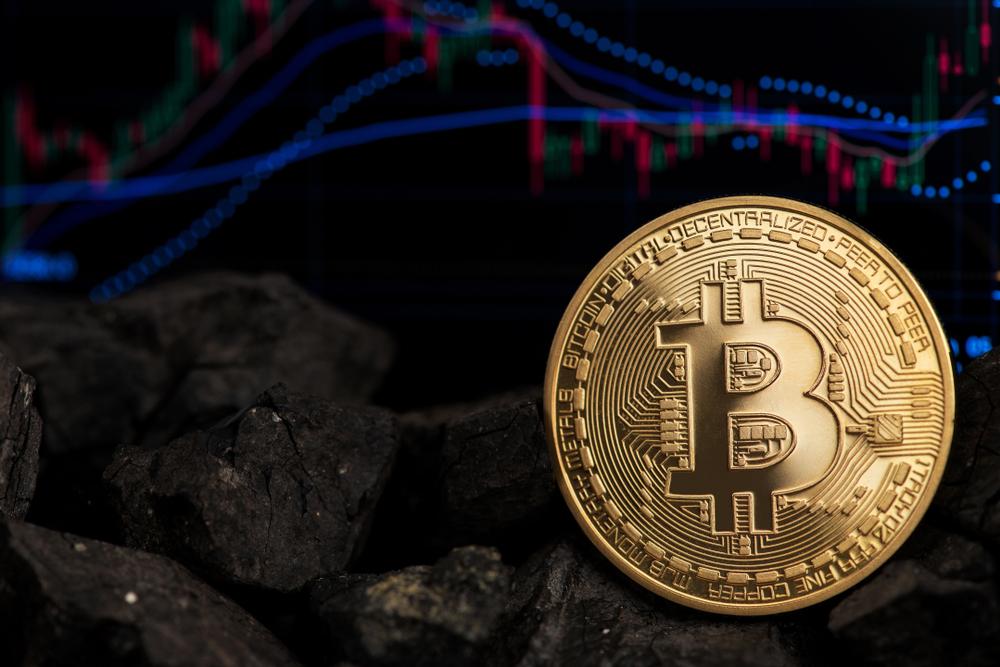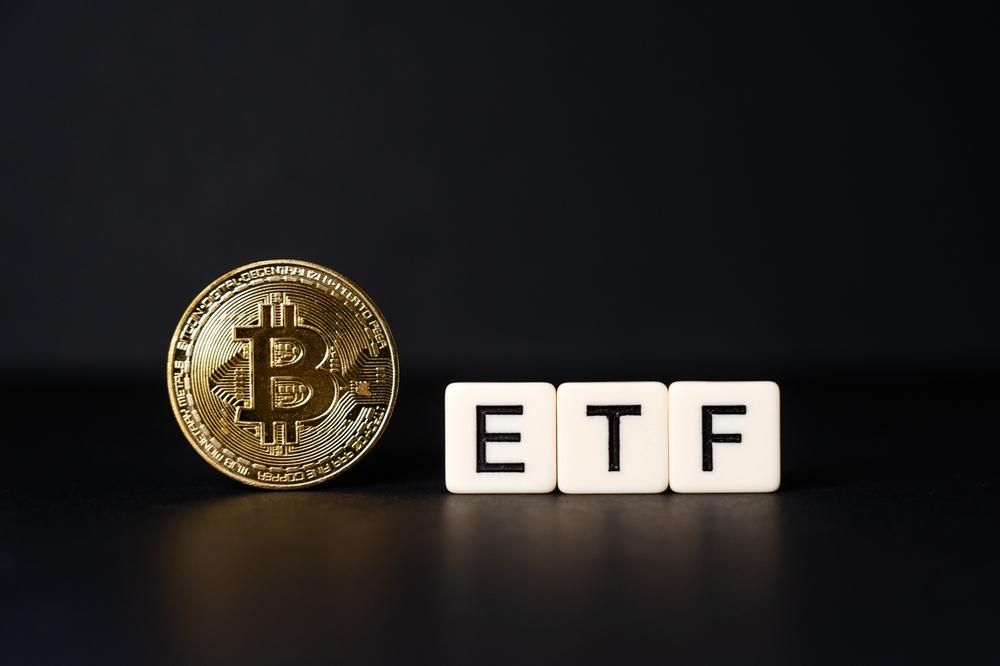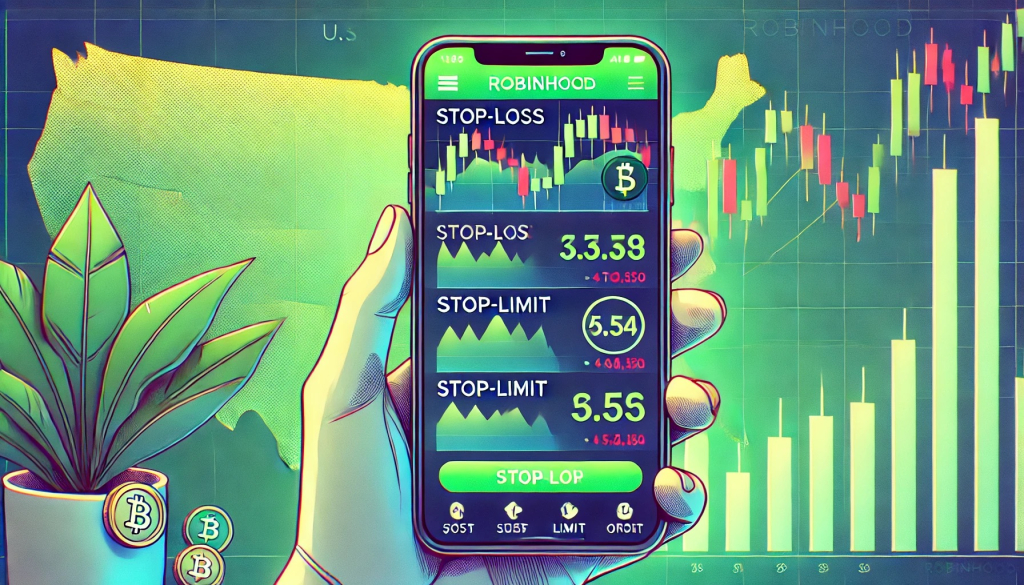Russia’s invasion of Ukraine, and the subsequent seizure of Russia’s foreign exchange reserves by the G7, might have ushered in a new world monetary order, according to a Credit Suisse strategist. Bitcoin (BTC), the world’s largest crypto by market cap, could end up benefiting from this shift in the global monetary landscape.
In a report on Monday, Credit Suisse global head of short-term interest strategy Zoltan Pozsar said that Western sanctions against Russia might cause a paradigm shift in global finance which he calls Bretton Woods III. “We are witnessing the birth of Bretton Woods III – a new world (monetary) order centered around commodity-based currencies in the East that will likely weaken the Eurodollar system and also contribute to inflationary forces in the West.,” the strategist wrote.
According to Pozsar, the G7’s decision to seize Russia’s FX reserves last week will likely trigger this shift. “A crisis is unfolding, a crisis of commodities,” he added. “Commodities are collateral, and collateral is money, and this crisis is about the rising allure of outside money over inside money. Bretton Woods II was built on inside money, and its foundations crumbled a week ago when the G7 seized Russia’s FX reserves…”
The Bretton Woods agreement, which was named after Bretton Woods, New Hampshire where the conference was held, pegged gold as the basis for the U.S. dollar, while other currencies were then pegged to the greenback, according to Coindesk. It fell apart in 1971 and was replaced by Bretton Woods III, which was backed by “inside money” (essentially U.S. government paper). According to Pozsar, Bretton Woods III will be backed by “outside money” such as gold and other commodities.
With the sanctions in place, Russia can no longer use its FX reserves, which were accumulated through decades of exporting commodities, to aid its economy or defend its falling ruble, according to Nasdaq. In addition, Russia will have a hard time exporting its commodities due to the “buyer’s strike” in the West.
While western central banks cannot close the gaping “commodities basis” because their respective sovereigns are the ones driving the sanctions, the People's Bank of China (PBOC) can. “China is probably thinking deep and hard about the value of the inside money claims in its FX reserves, now that the G7 seized Russia’s,” he added.
PBOC can either sell Treasury bonds to buy Russian commodities or print renminbi to buy them. Either scenario could result in higher yields and higher inflation in the West. “When this crisis (and war) is over, the U.S. dollar should be much weaker and, on the flipside, the renminbi much stronger, backed by a basket of commodities,” the strategist wrote.
On the other hand, the new world monetary order might be good for BTC. “After this war is over, ‘money’ will never be the same again… and Bitcoin (if it still exists then) will probably benefit from all this,” Pozsar concluded.
























Comment 40